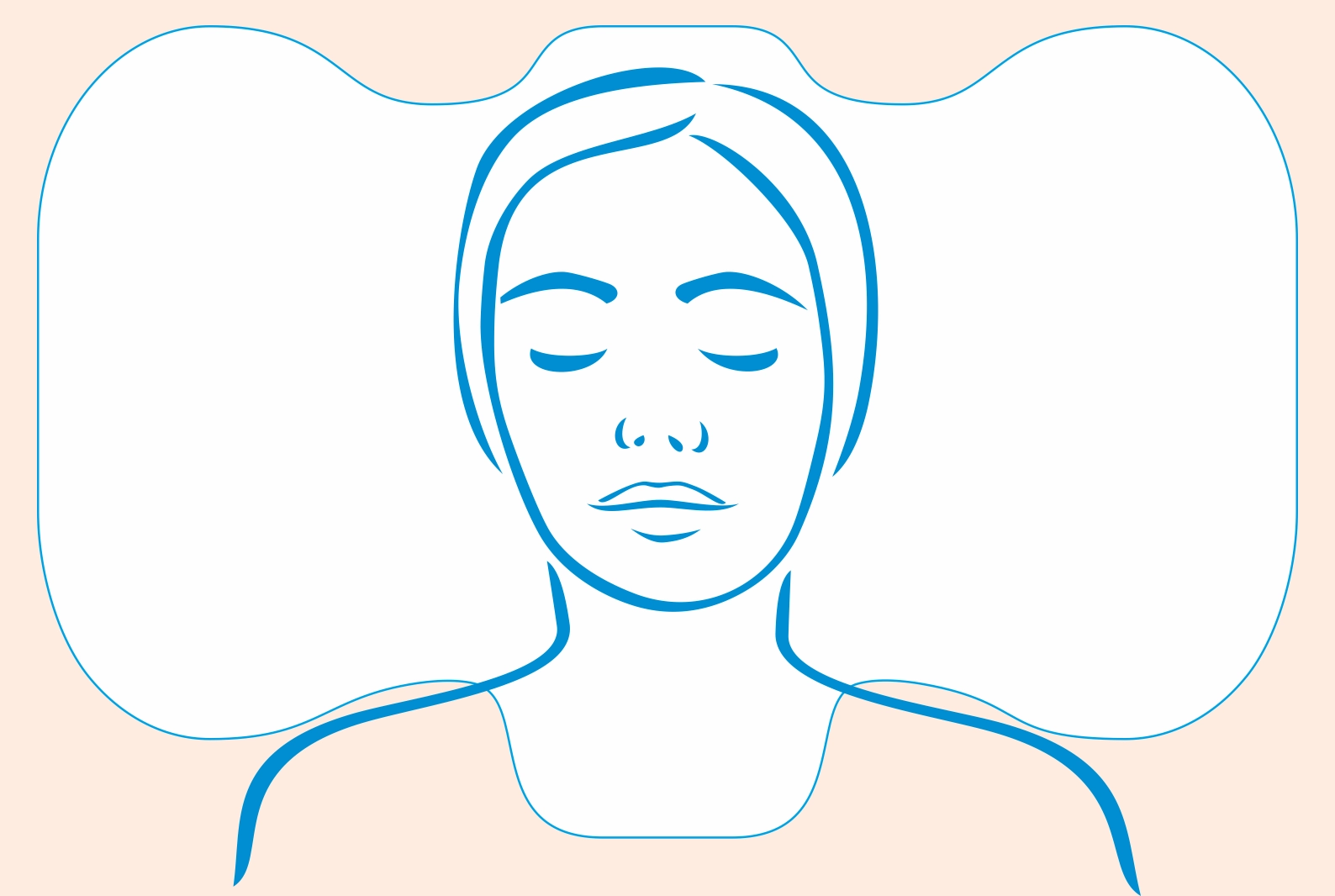To provide services at the highest level, we use cookies. Using the website requires you to choose settings related to their storage on your device. If you want to know what each type of cookie is used for, click the Details button below.
Who is recommended to sleep on their back?30 października 2023 |

Yes, sleeping on your back can be healthy for many people, especially if you maintain the proper body position. It is beneficial for your spine when your spine, head, and neck are in a straight line. This can help avoid back pain. However, it is less healthy than sleeping on your side, at least for most people.
It's worth trying to sleep on your back if you believe this position will be good for you. For most people, sleeping on the left side is better, and for some, the right side is preferable. Only a few people find relief in sleeping on their back. Nevertheless, the choice of sleep position is an individual matter.
To sleep on your back all night, first, ensure you have the right height pillow and the appropriate foam to maintain your head and spine in a straight line. Place a pillow or a special roll under your knees to keep your legs in a comfortable position. Try to avoid excessive body twisting during sleep. Additionally, exercise regularly to keep your back and spine muscles in good shape.
People with sleep apnea or prone to snoring should not sleep on their backs. Women in advanced stages of pregnancy should also avoid sleeping on their backs because it can impede blood flow to the uterus.
Sleeping on your back is generally not suitable for everyone, only for a minority of the population, as it can promote snoring and sleep apnea problems. Furthermore, some individuals may feel discomfort in this position, especially if they do not maintain the correct body posture. The choice of a sleeping position should be adapted to the individual needs and comfort of each person.